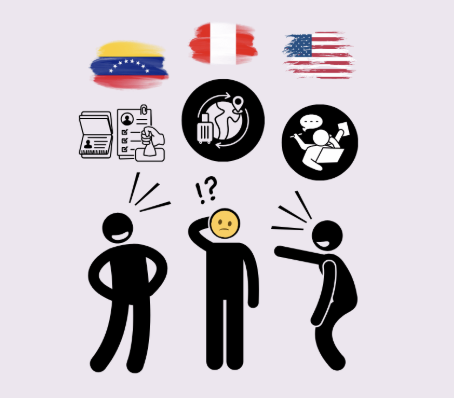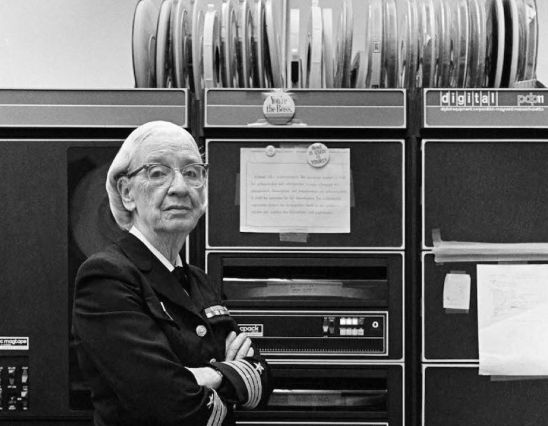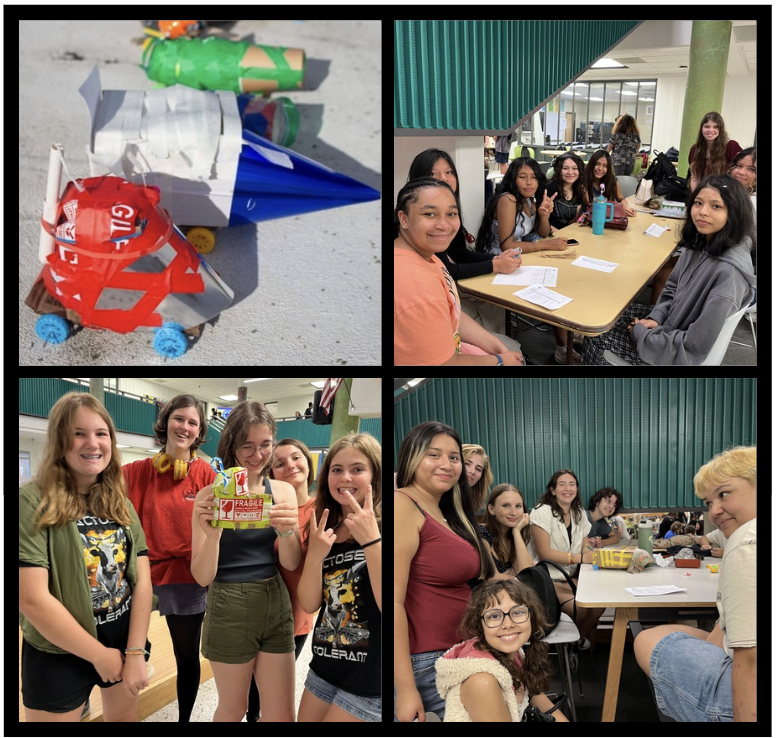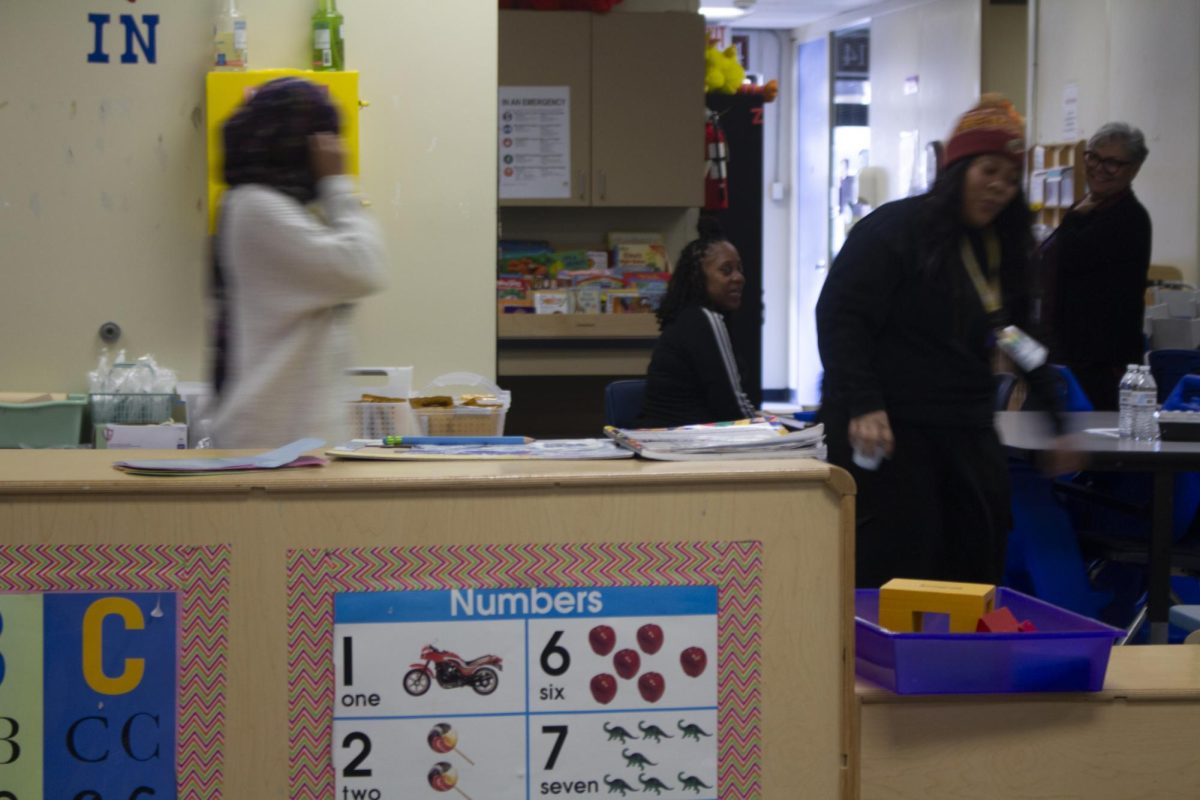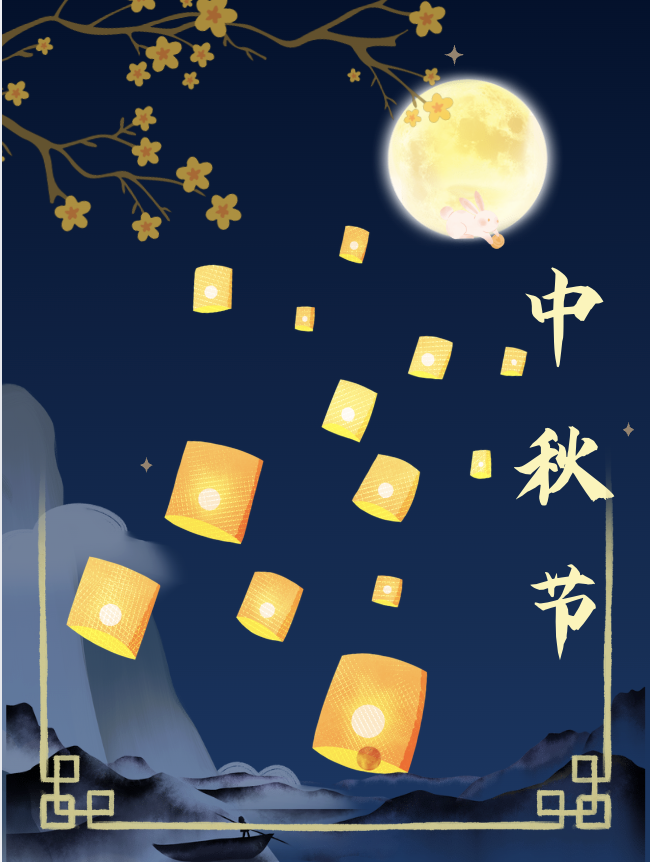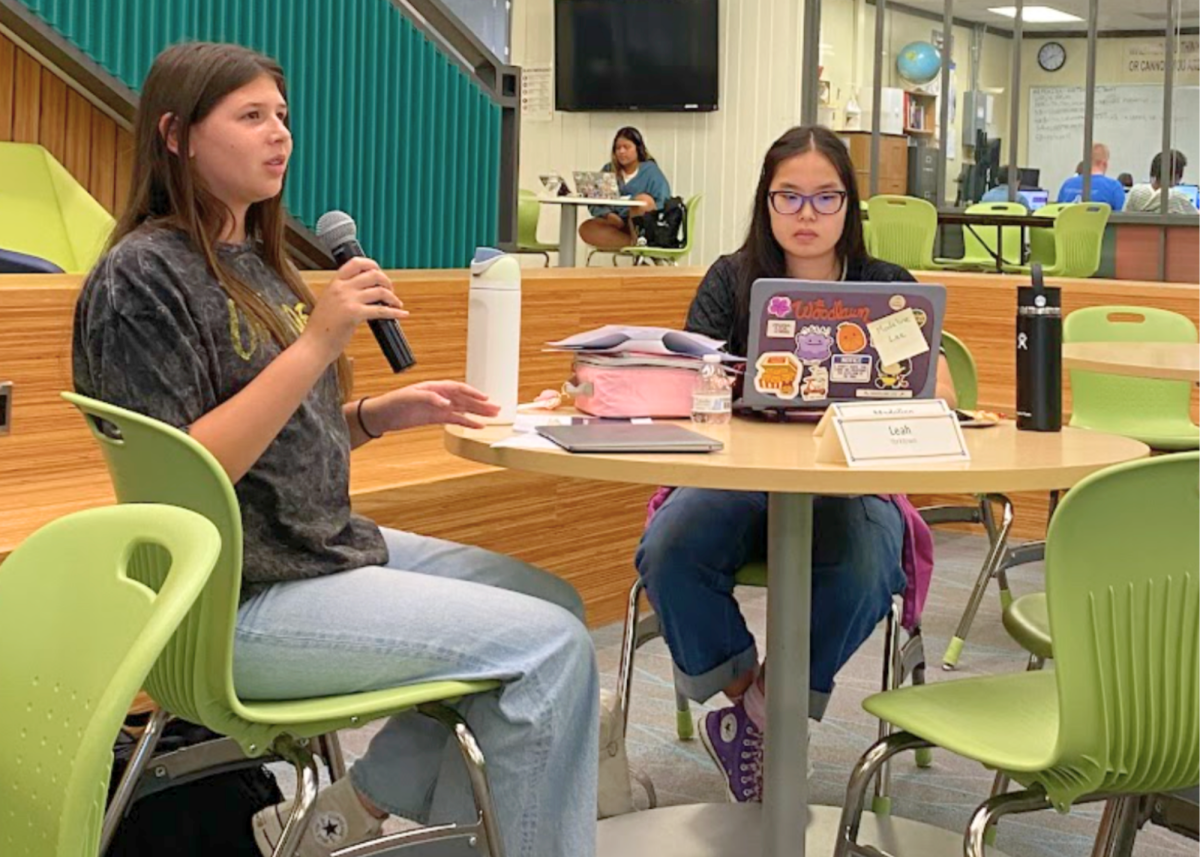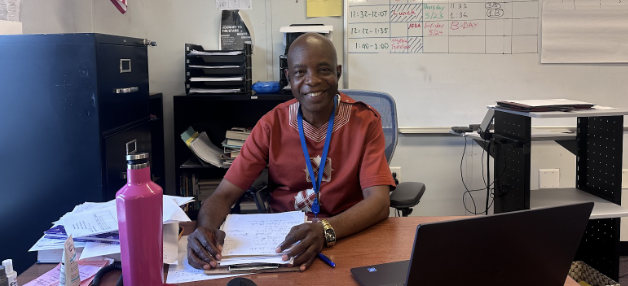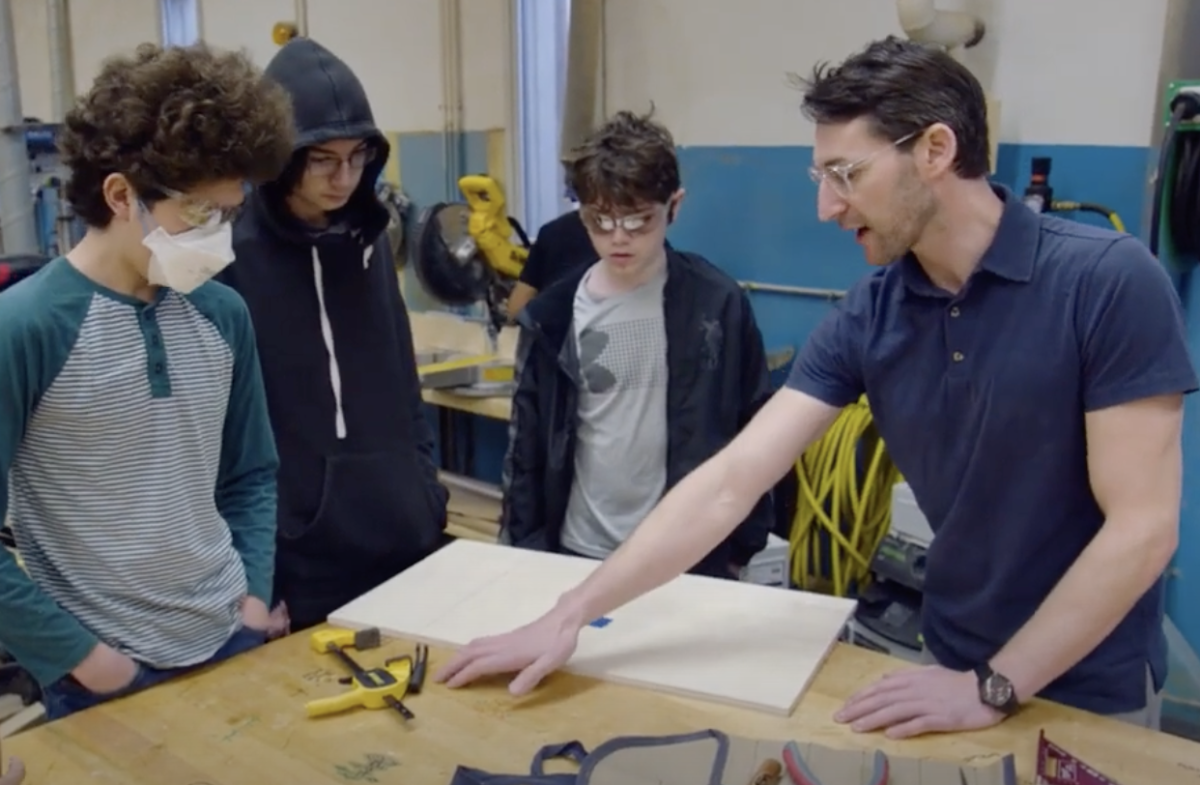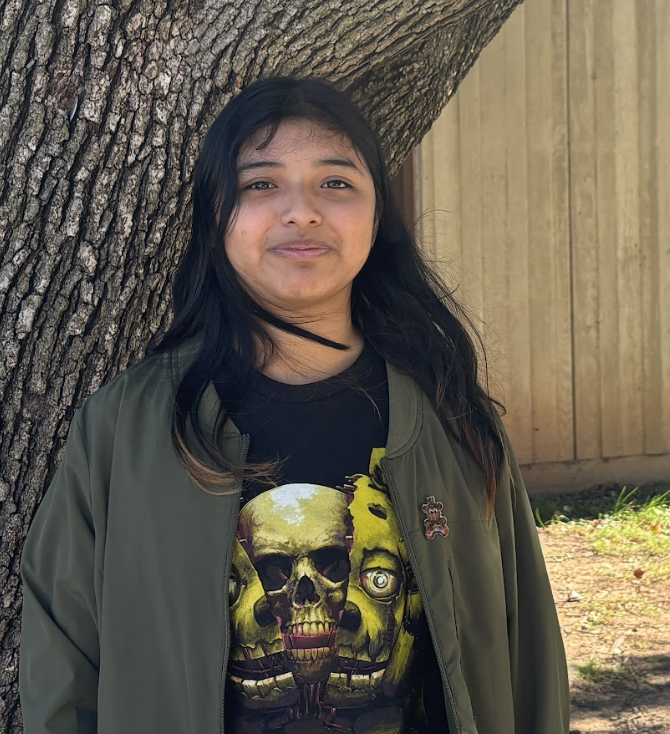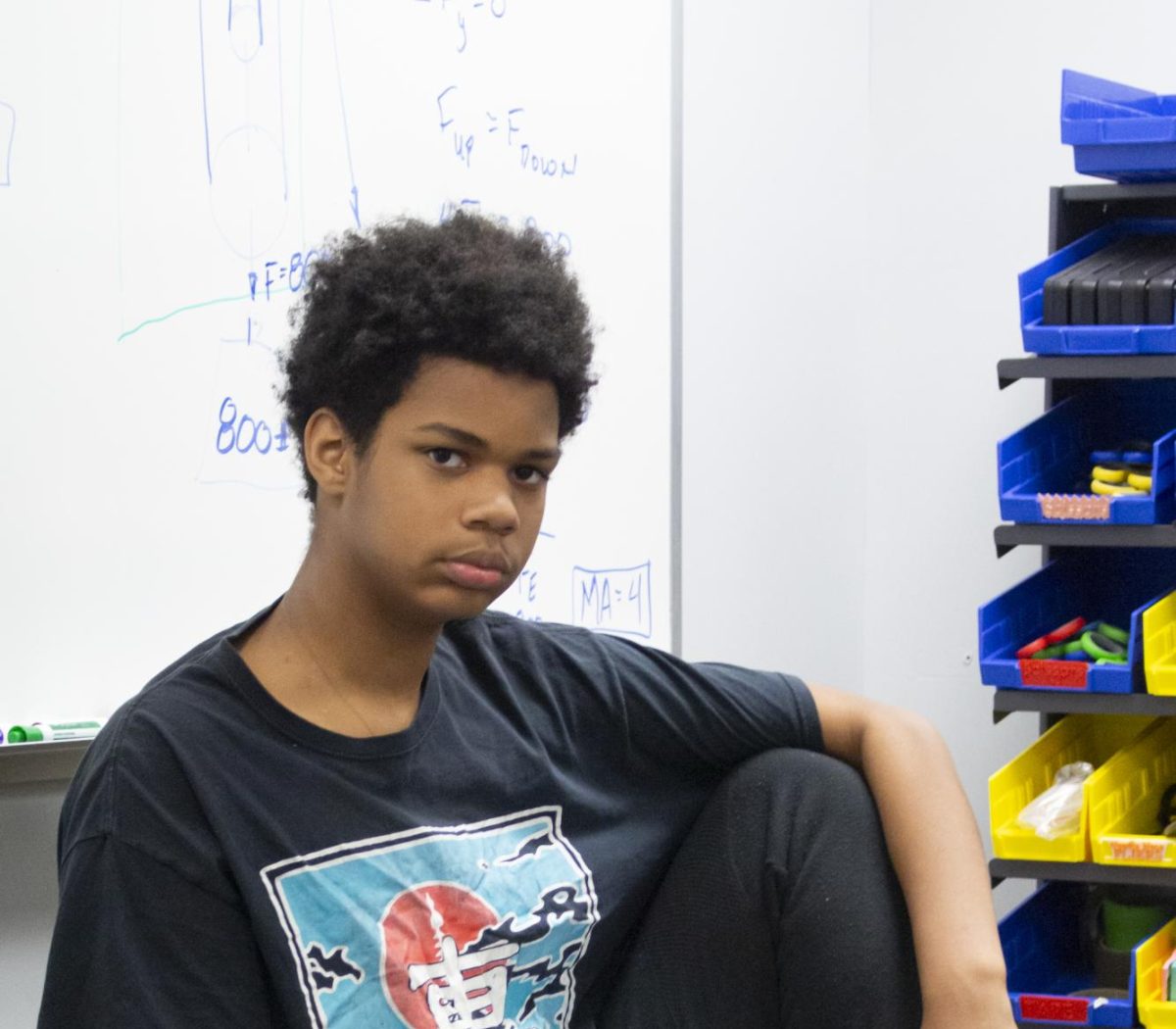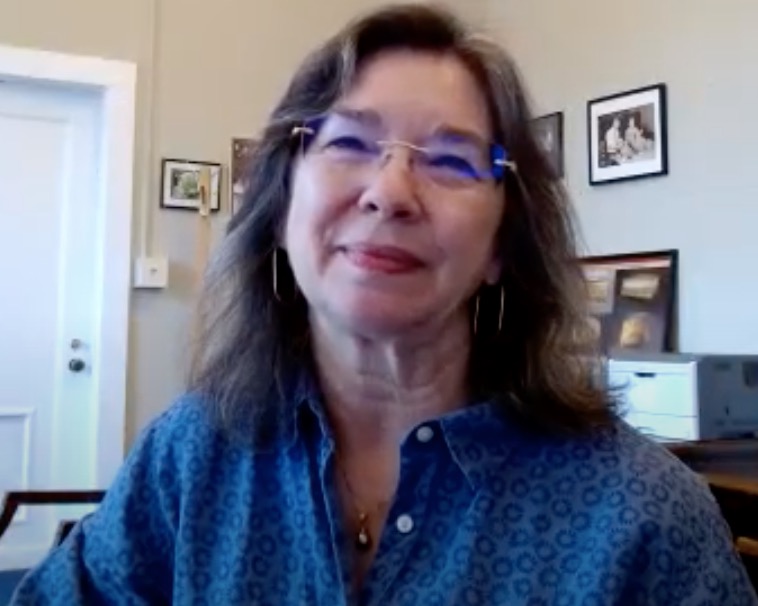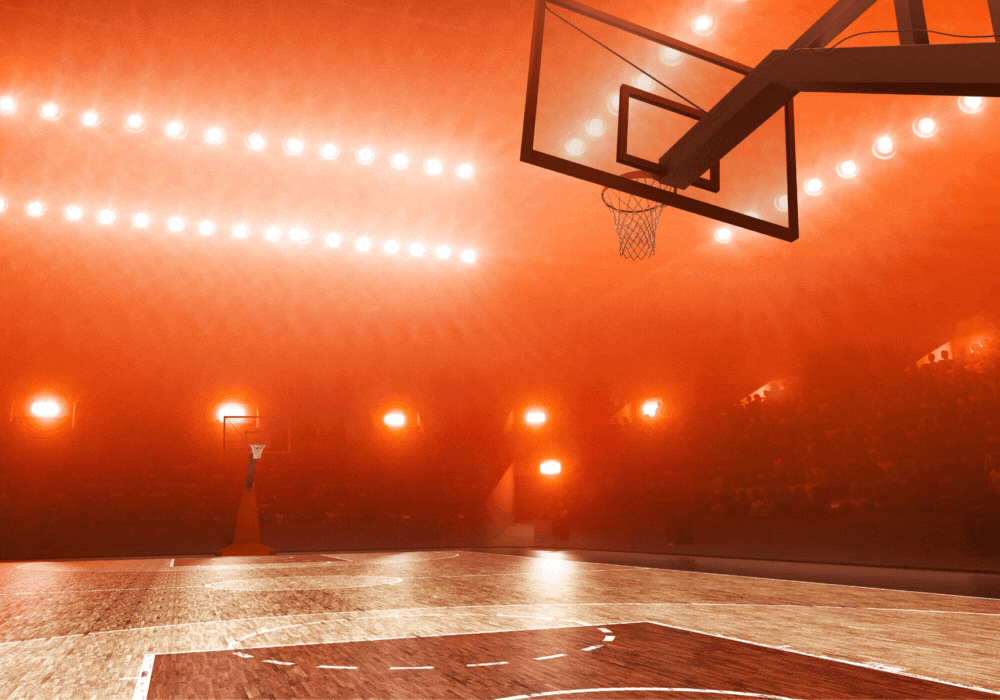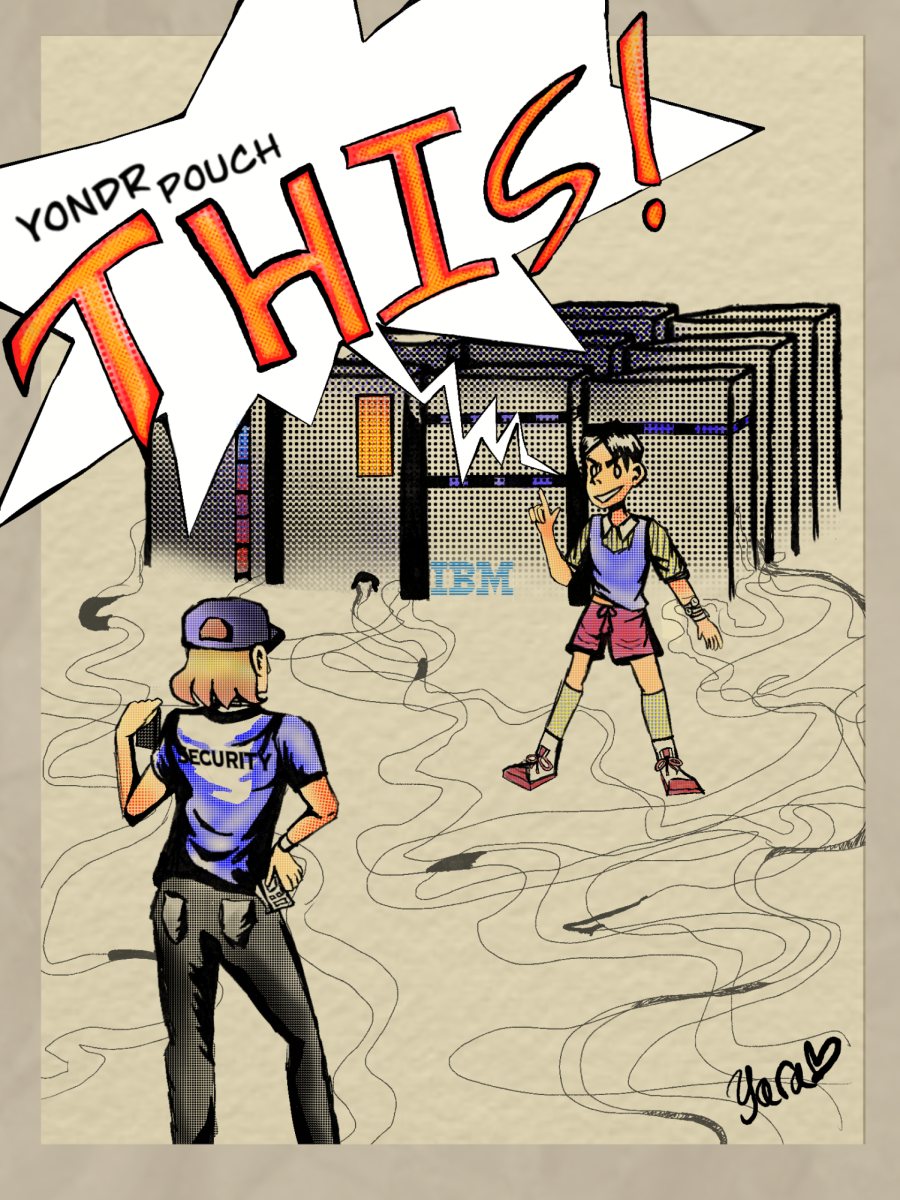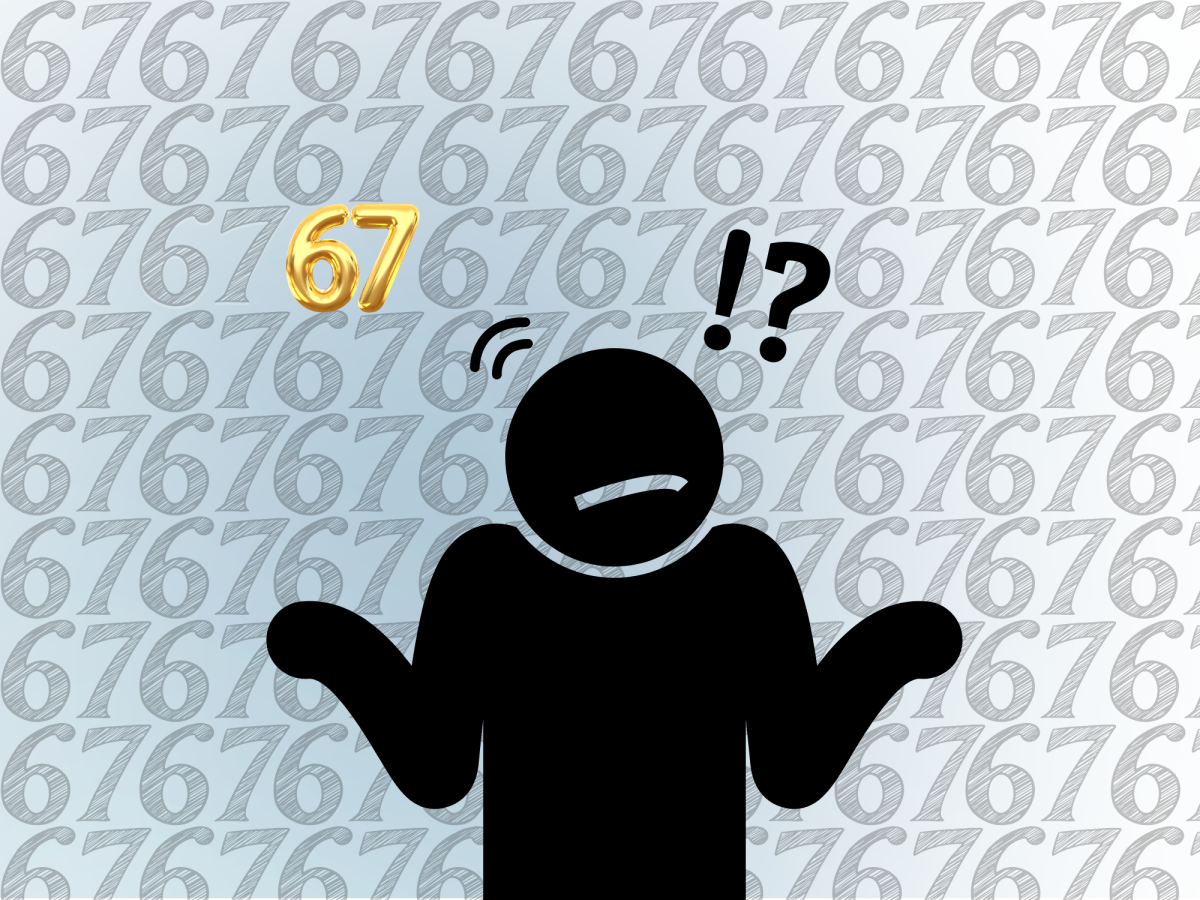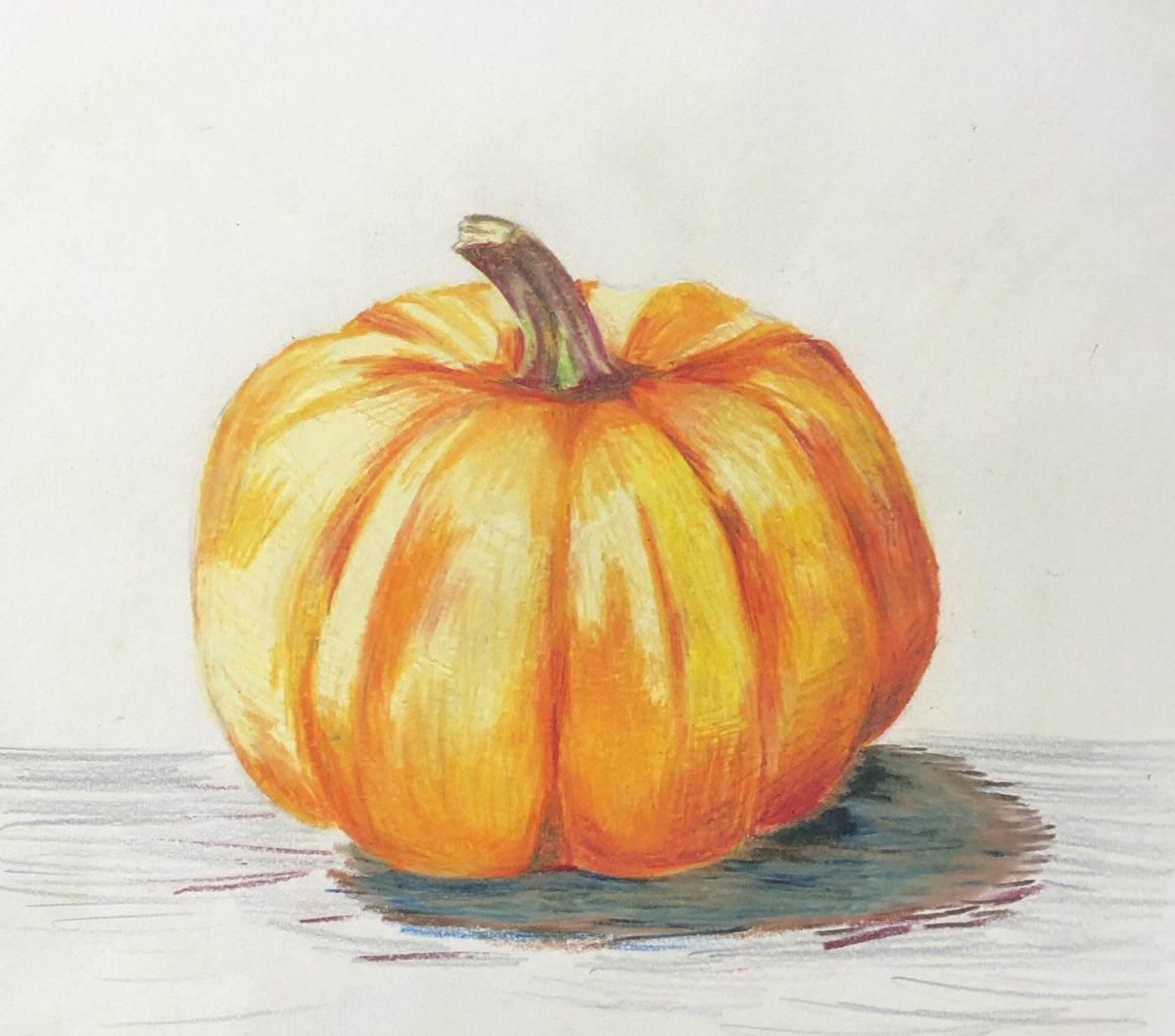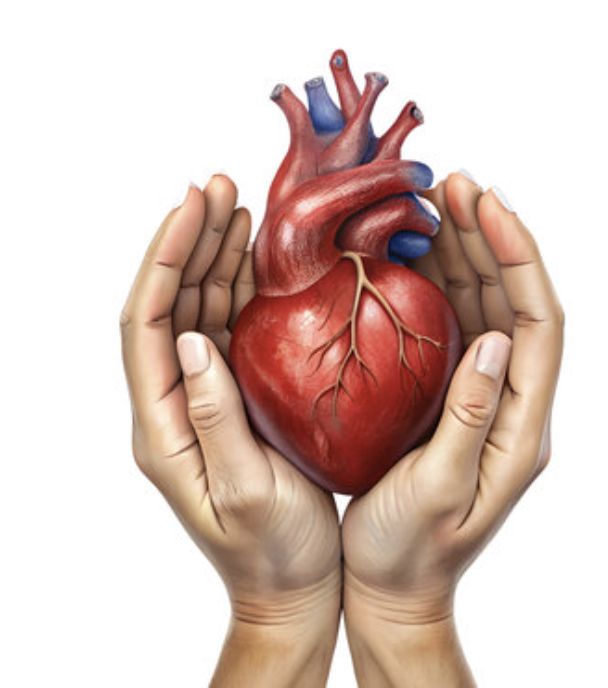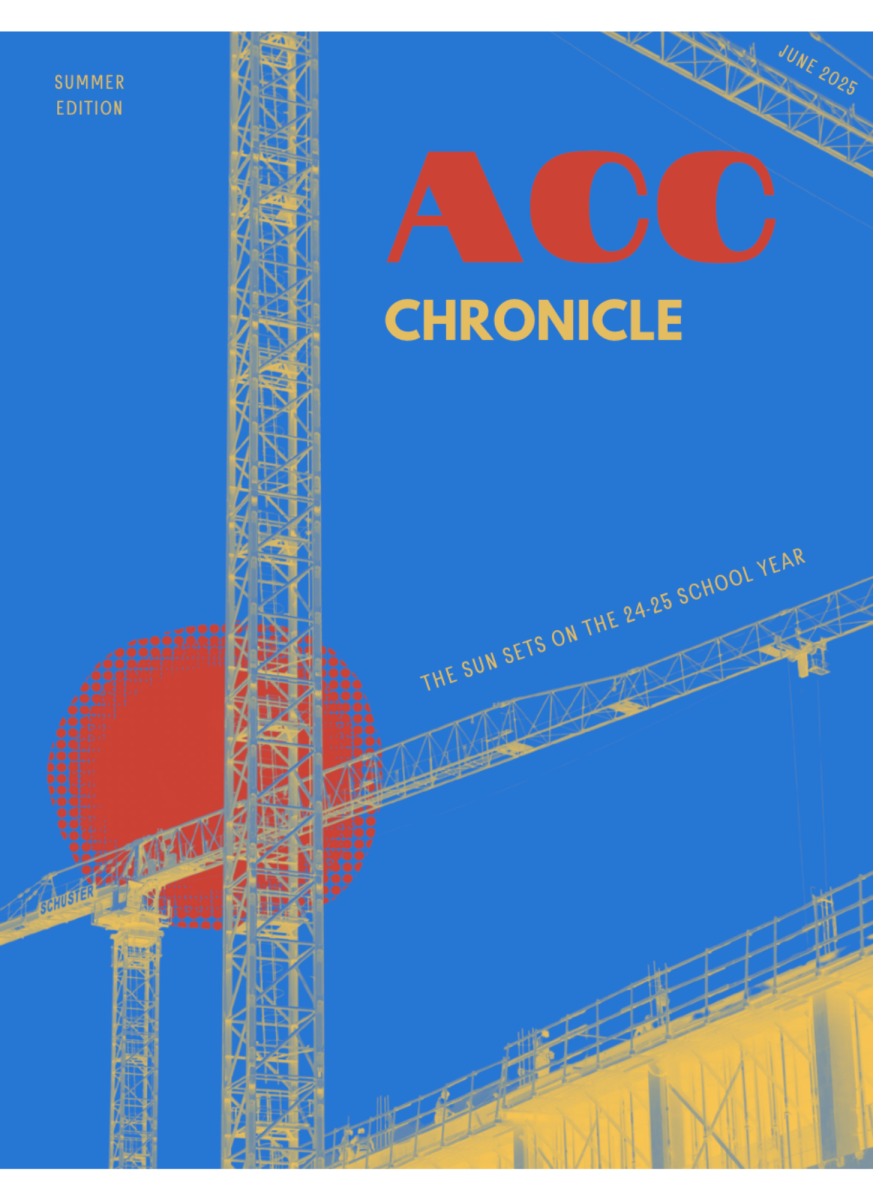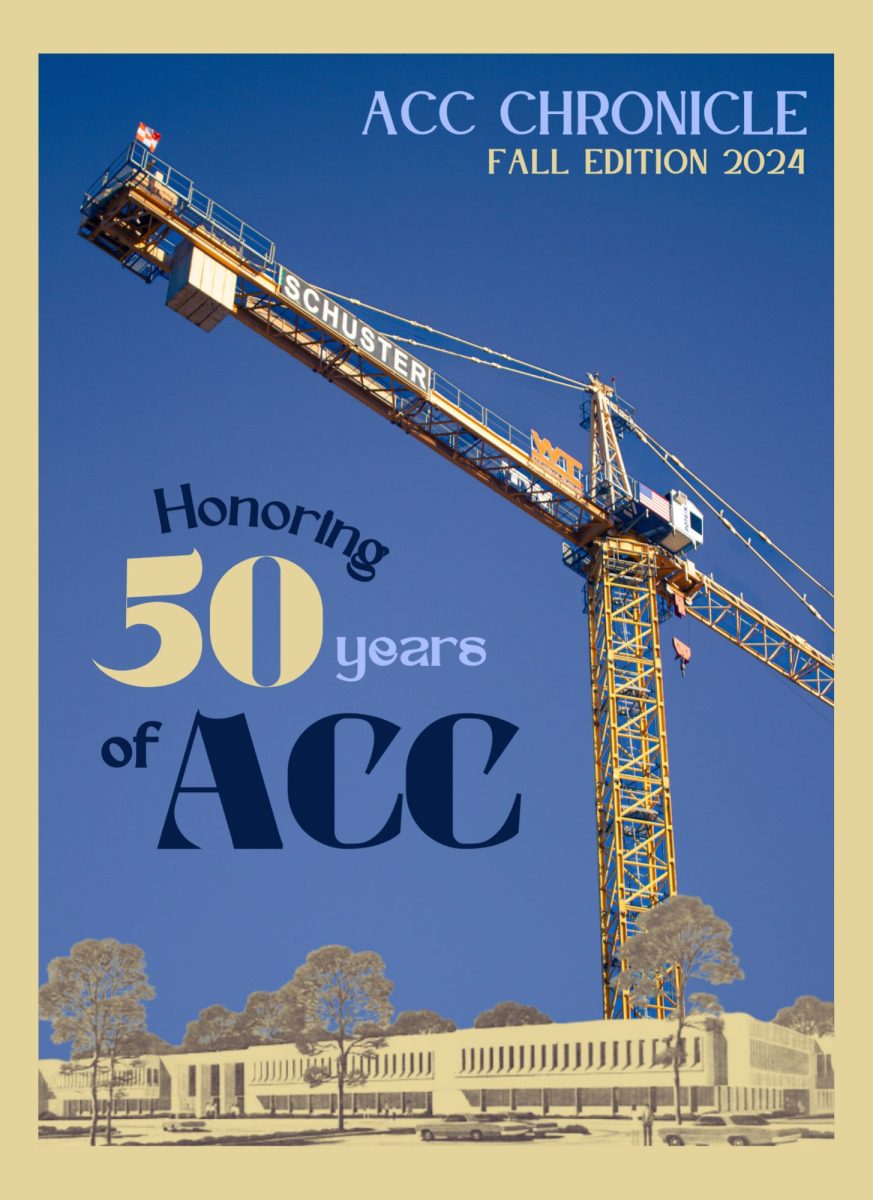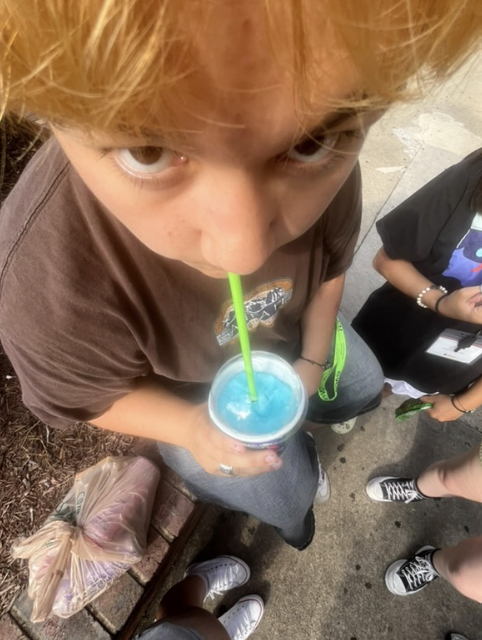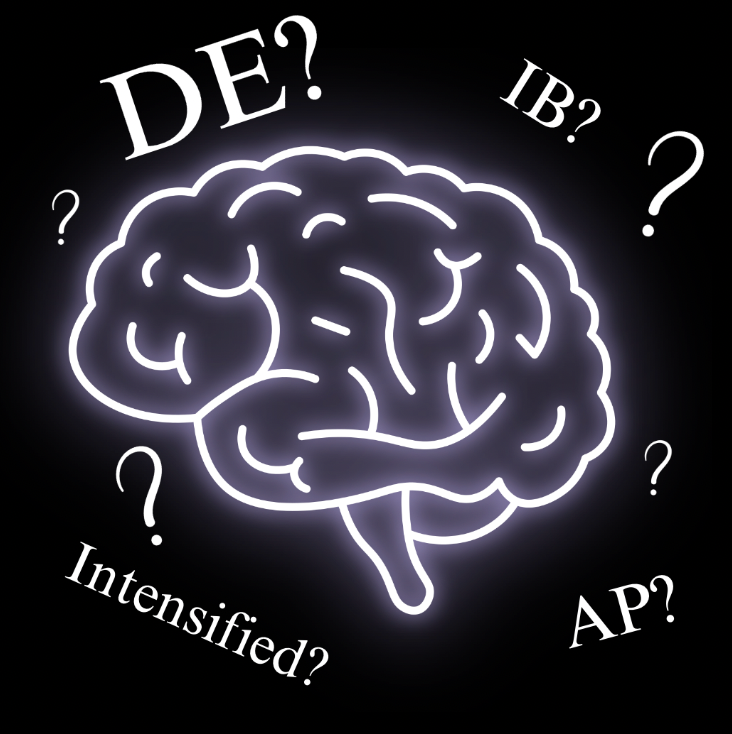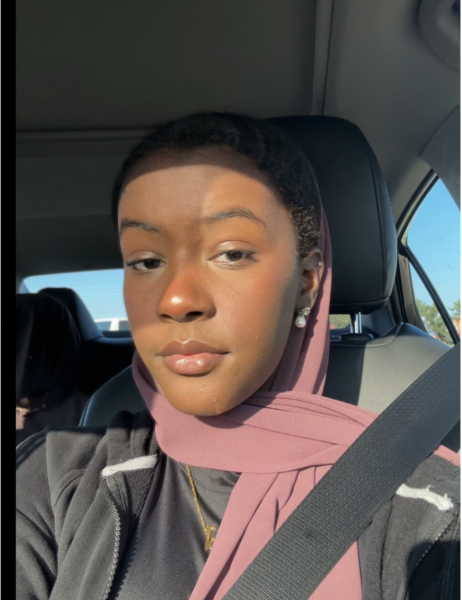Many ninth graders are obsessed with high school and what classes to take. You may have asked yourself whether you should take AP classes or DE classes, or whether you should take Intensified, IB, or standard classes. All of this pressure and constant worry can interfere with your decision, especially because each high school has different programs that serve different purposes. Programs offered throughout most high schools are the Advanced Placement (AP) and the International Baccalaureate (IB) program as well as Dual Enrollment (DE) classes. But what makes each of them unique?
What is a DE class?
ACC is known for its access to Dual Enrollment classes that allow you to earn college credits in a high school environment. After taking them, you can earn an Associate’s Degree: a two-year college degree obtained from the Northern Virginia Community College (NOVA). Since an Associate’s Degree requires 60 credits, many students start taking DE classes as early as their sophomore year to reach that goal throughout high school. Each DE class can provide anywhere from one to eight credits. Getting your Associate’s Degree in high school is cost-effective, less time-consuming, and provides many new job opportunities. There are several options for an associate degree, but the most common ones are general education, computer science, social sciences, and general sciences. With your Associate’s Degree, you can continue to college and get your Bachelor’s Degree, or go straight into the job field. With DE classes, students tend to have a high chance of having credits transferred if they’re planning to stay in instate. DE classes are a great option for students who like to get ahead and would like to experience college work early.
What is the IB program?
Washington Liberty is home to their IB international program that provides a rigorous education for highly motivated students that you can enroll in there. The IB program is a 2-year program for upperclassmen, but you can take IB electives in your sophomore year. An IB diploma candidate pursues studies across multiple subjects such as Language and Literature, Language Acquisition, Individuals and Societies, Experimental Sciences, Mathematics, and Arts. These subjects require a certain amount of classes to get the IB diploma. The IB program requires end-of-year exams that are graded on a scale of one to seven, with a passing grade of four for Higher Level (HL) classes and a three for Standard Level (SL) classes. Throughout junior and senior year, all full IB Diploma students are required to write an extended essay, a 4,000-word research essay that is completed over 11 months and requires 40 hours. Following along with that, in your junior year, summer of junior year, and your senior year you are required to involve yourself in three CAS experiences. CAS stands for creativity, activity, and service, and students are required to fulfill the CAS experience requirements. Additionally, there is a CAS project that is done throughout the two years of an IB student. The IB diploma is a great option for students who like to challenge themselves with difficult classes that can prepare them for college.
What is the AP program?
All three comprehensive high schools provide AP classes, a challenging program that prepares students for college work similar to the IB program. It requires heavy-duty critical reading and requires a lot of higher-level writing that integrates and improves writing skills. Rather than having required classes to take, you can take any classes offered and receive the program certification. Similar to the IB program, AP classes have year-end exams that are graded on a scale of one to five. Depending on the university or college, a passing score is either a three or four. If you do not pass the exam, you will not receive the college credits for that course, but you still receive high school credits. With AP classes, students tend to have a low chance of having credits transferred if they’re planning to go out of state.
Instead of worrying, know that all of these classes are great options. Whether you take DE, AP, or IB classes, all of them allow you to challenge yourself and help you grow as a high school student with difficult courses.

